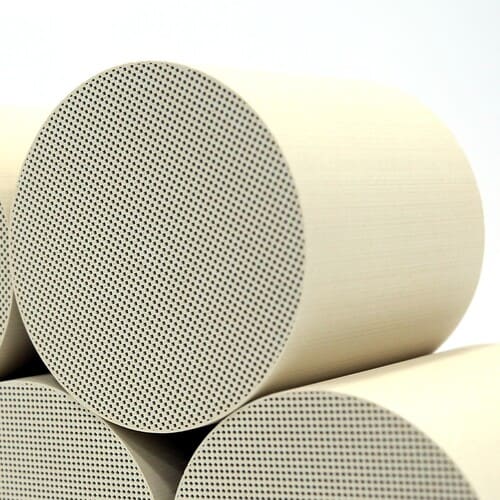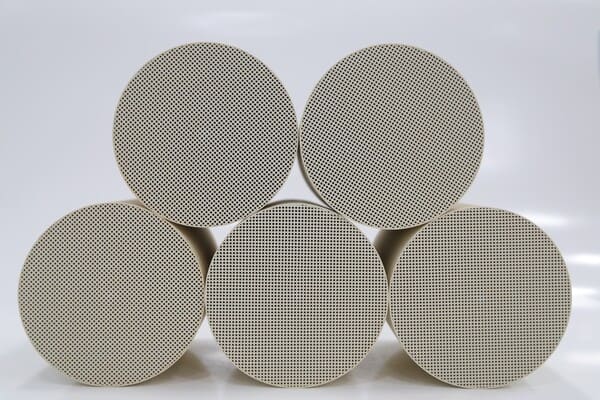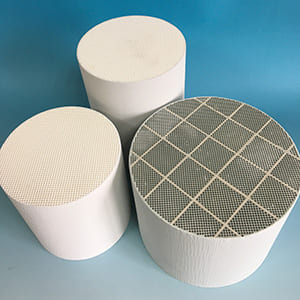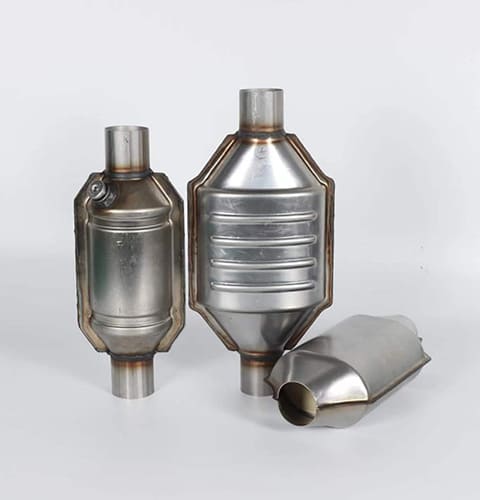France, known for its rich automotive history and engineering excellence, has always been at the forefront of integrating advanced technologies in the automotive sector. One such innovation shaping the modern French automotive landscape is the Gasoline Particulate Filter (GPF). But what exactly are GPFs, and how do they contribute to the legacy of French automotive excellence?
GPFs are critical in modern gasoline engines, playing a significant role in reducing particulate emissions. These filters capture fine soot particles produced during combustion, ensuring cleaner exhaust gases. For a country like France, where environmental regulations and automotive performance are highly valued, the integration of GPFs represents a balance between eco-friendliness and the pursuit of high-performance vehicles.
This innovation is more than just a regulatory compliance tool; it’s a testament to French ingenuity in automotive engineering.

What Makes GPFs an Integral Part of Modern French Vehicles?
The Significance of GPFs in Emission Control: GPFs are designed to meet stringent European emission standards, which are among the toughest in the world. They effectively capture particulate matter from gasoline engines, significantly reducing the environmental impact of vehicles.
- Adaptation to High-Performance Engines: French vehicles, known for their power and performance, benefit from GPFs as they allow engines to maintain their efficiency and power output while minimizing pollutant emissions.
- Innovation and Technological Advancement: The development and integration of GPF technology showcase the French automotive industry’s commitment to innovation, keeping pace with evolving environmental norms and consumer expectations.
How Does GPF Technology Complement French Automotive Expertise?
The integration of GPF technology aligns seamlessly with the French automotive industry’s ethos of combining performance with sustainability:
- Engineering Excellence: French automakers’ expertise in engineering and design is further enhanced by incorporating GPFs, which require precise calibration and integration with the vehicle’s exhaust system.
- Sustainable Mobility Solutions: As France moves towards greener transportation, GPFs play a crucial role in reducing the ecological footprint of gasoline-powered vehicles, aligning with national and European environmental goals.

Conclusion
Gasoline Particulate Filters represent a significant stride in the French automotive industry’s journey towards eco-friendliness without compromising on performance. They exemplify how technological advancements can align with environmental consciousness, further cementing France’s position as a leader in automotive excellence. For industry players and consumers alike, understanding the role and impact of GPFs is essential in appreciating the depth of innovation that drives the French automotive sector.


